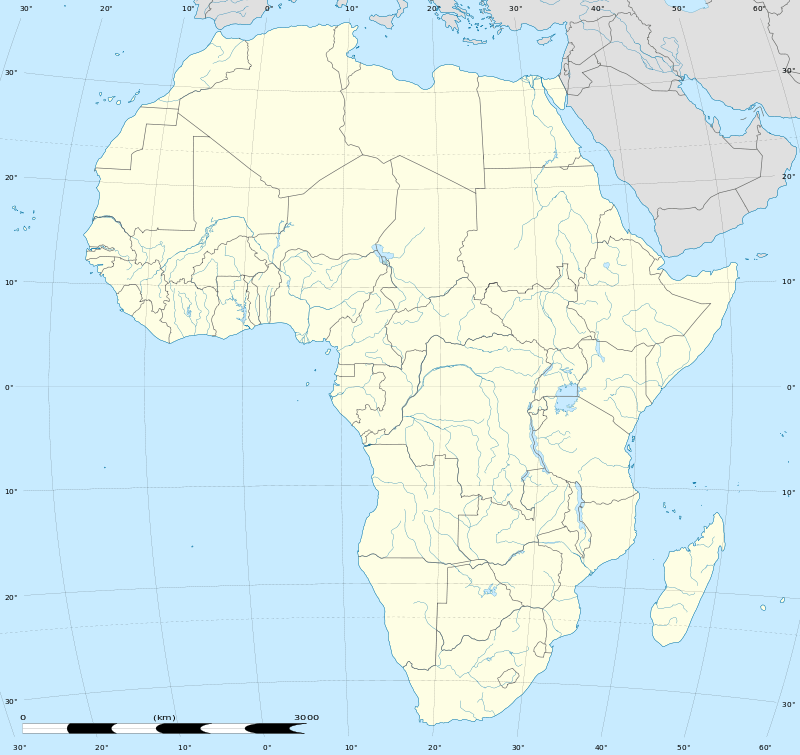Whittlesea, Eastern Cape
| Whittlesea Hewu Vetlisi | |
|---|---|
 Whittlesea  Whittlesea  Whittlesea
| |
| Coordinates: 32°10′S 26°49′E / 32.167°S 26.817°ECoordinates: 32°10′S 26°49′E / 32.167°S 26.817°E | |
| Country | South Africa |
| Province | Eastern Cape |
| District | Chris Hani |
| Municipality | Enoch Mgijima |
| Established | 1847 |
| Area[1] | |
| • Total | 15.37 km2 (5.93 sq mi) |
| Population (2011)[1] | |
| • Total | 14,756 |
| • Density | 960/km2 (2,500/sq mi) |
| Racial makeup (2011)[1] | |
| • Black African | 99.1% |
| • Coloured | 0.2% |
| • Indian/Asian | 0.2% |
| • White | 0.1% |
| • Other | 0.4% |
| First languages (2011)[1] | |
| • Xhosa | 93.3% |
| • English | 2.5% |
| • Other | 4.2% |
| Postal code (street) | 5360 |
| PO box | 5360 |
Whittlesea (formerly known as Bulhoek) is a settlement situated 37km south of Queenstown, Eastern Cape Province. It includes the townships of Dongwe and Sada. Whittlesea now lays claim to the first registered wine estate in the Eastern Cape.
Hewu Hospital (formerly operated by Lifecare, but provincialized since 2010) is to be found only 4 km on the road to Ekuphumleni Township.
It was founded in 1849 and became a defence outpost in the Frontier War of 1850-1853. Named after Whittlesea in Cambridgeshire, birthplace of Sir Harry Smith (1787-1860), Governor of the Cape Colony from 1847 to 1852.[2]
Villages
Some of the villages surrounding Whittlesea include;
- Lower Didimana
- Upper Didimana
- Kamastone
- Romanslaagte
- Tsitsikama
- KuzaNgqokwe
- Phelandaba
- McBright
- Mcewula
- KwaSemi
- Ensaam
- Thornhill
- EZola
- Lower Hukuwa
- Upper Hukuwa
References
- 1 2 3 4 "Main Place Whittlesea". Census 2011.
- ↑ "Dictionary of Southern African Place Names (Public Domain)". Human Science Research Council. p. 474.
This article is issued from Wikipedia - version of the 10/24/2016. The text is available under the Creative Commons Attribution/Share Alike but additional terms may apply for the media files.
.svg.png)